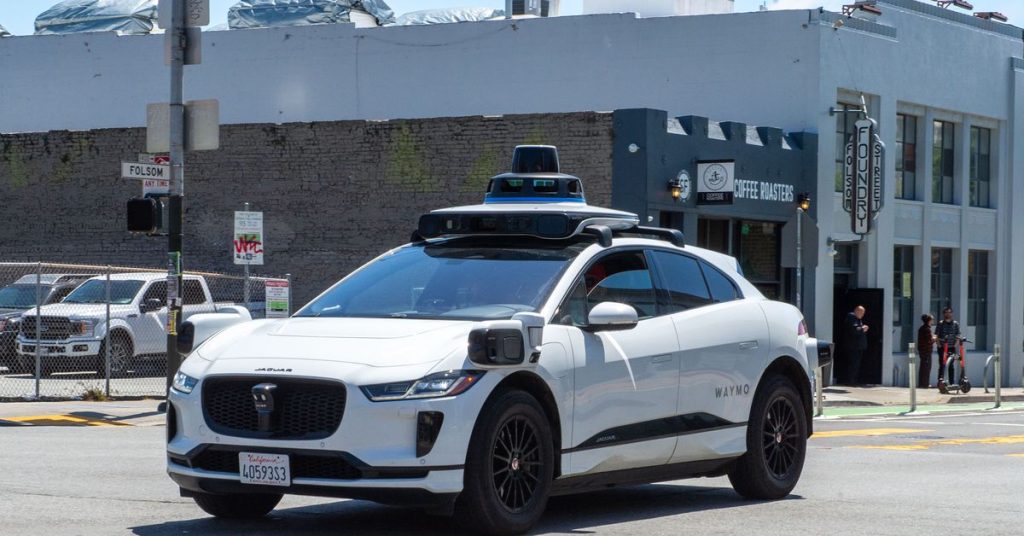
Waymo’s fourth robotaxi city will be Austin, Texas. It will be a bit of a homecoming for the Alphabet-owned self-driving company.
Waymo said that it will start accepting passengers in its fully driverless vehicles in the city later this month. The company has been testing its vehicles on the streets of Austin since March, laying the groundwork for the eventual launch of a commercial ridehailing service.
But the company’s history with the city stretches all the way back to October 2015, when Waymo gave a 10-minute ride to a blind man named Steve Mahan in its prototype Firefly vehicle, which lacked a steering wheel and pedals. The company also kept an office in the city until November 2019, when it abruptly shut it down.
Waymo said that it will start accepting passengers in its fully driverless vehicles in the city later this month
Since then, a number of other autonomous vehicle (AV) companies have descended on Austin for testing and validation. Argo AI, which was backed by Ford before shutting down last year, tested its vehicles in Austin for a number of years. And Cruise, Waymo’s primary competitor, has been testing its vehicles with passengers since late last year. Delivery robots from Refraction AI also can be found wobbling down the streets most days in the Texas capital.
Texas’ regulatory environment is more permissive than California’s, where the bulk of AV testing takes place. The state passed numerous laws related to AVs, most recently one that exempts automated vehicles from certain motor vehicle equipment laws and regulations.
Waymo says its driverless taxis will traverse “a large portion of the city night and day,” covering spots like “the heart of downtown, Barton Hills, Riverside, East Austin, Hyde Park and more.” The company makes no mention of the Austin-Bergstrom International Airport, where the taxi business is typically the most lucrative.
The company also noted that “autonomous vehicles help improve road safety,” a claim that sounds true on the surface but is hard to prove. Waymo has released several datasets that show its vehicles to be adept at avoiding certain collisions. But humans drive billions of miles every year — orders of magnitude more real-world driving than the comparatively tiny fleet of AVs on the road today. And while there are an unacceptable number of fatalities every year, humans are actually good drivers — for the most part.
Waymo says its driverless taxis will traverse “a large portion of the city night and day”
According to the Insurance Institute for Highway Safety, there were 39,508 fatal motor vehicle crashes in the US in 2021 in which 42,939 deaths occurred. This resulted in 12.9 deaths per 100,000 people and 1.37 deaths per 100 million miles traveled. There have been a handful of deaths attributable to autonomous and semiautomated vehicles, but AVs haven’t begun to approach the scale of driving that humans do every year.
Aside from the safety claims, Waymo will also have to work hard to avoid embarrassing incidents like in San Francisco, where its vehicles have been blamed for blocking traffic, impeding public transit, and stumbling into emergencies. Some San Francisco residents have protested the expansion of robotaxis in the city, but it’s worth noting that there hasn’t been as much opposition in other cities, like Phoenix.
For Waymo, robotaxis are increasingly looking like its only revenue source. The company recently paused its autonomous trucking program after previously pouring hundreds of millions of dollars into its development. Texas, in particular, was going to be the focal point of Waymo’s trucking business; the company was testing its self-driving semi trucks along the 240-mile route between Dallas-Fort Worth and Houston. And the company was building a hub for autonomous trucks on a nine-acre piece of property near Dallas.

 Latest Breaking News Online News Portal
Latest Breaking News Online News Portal




